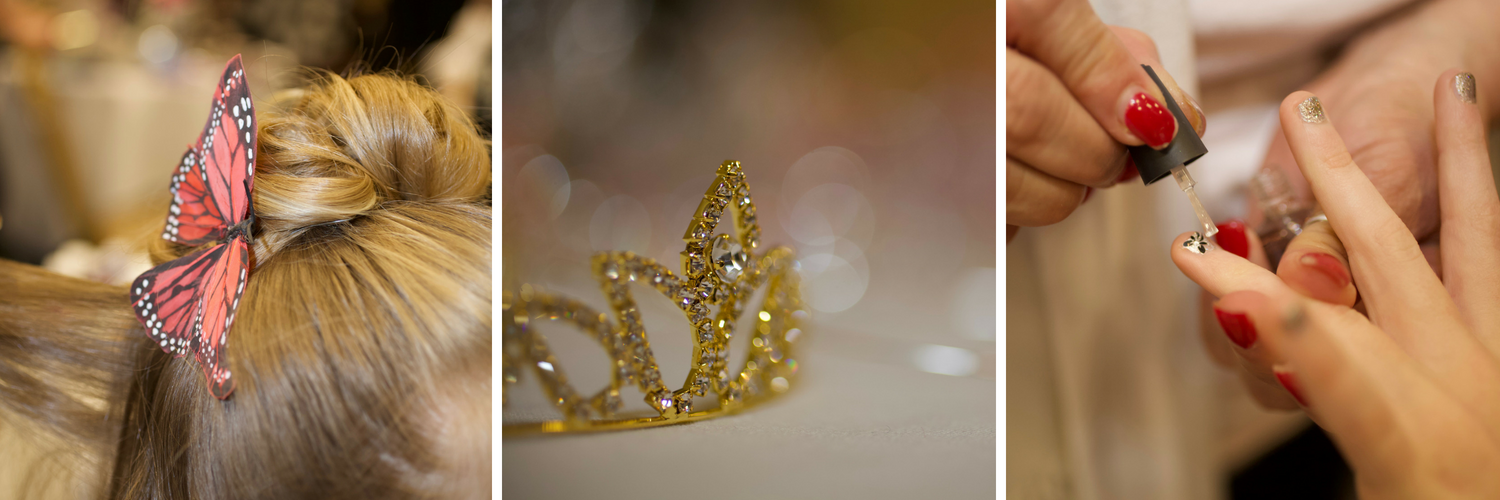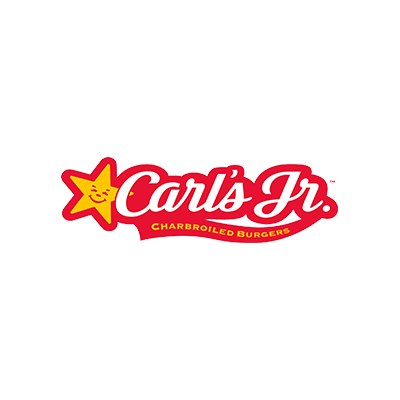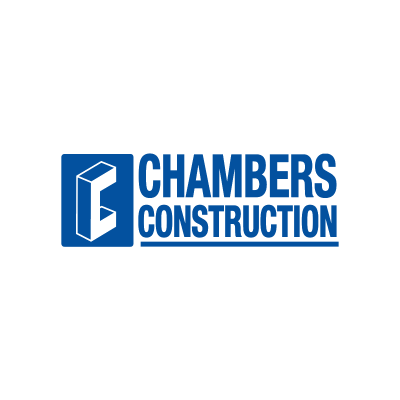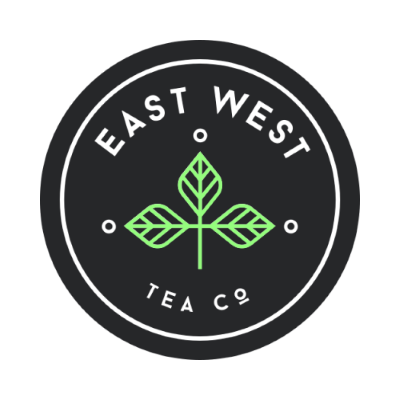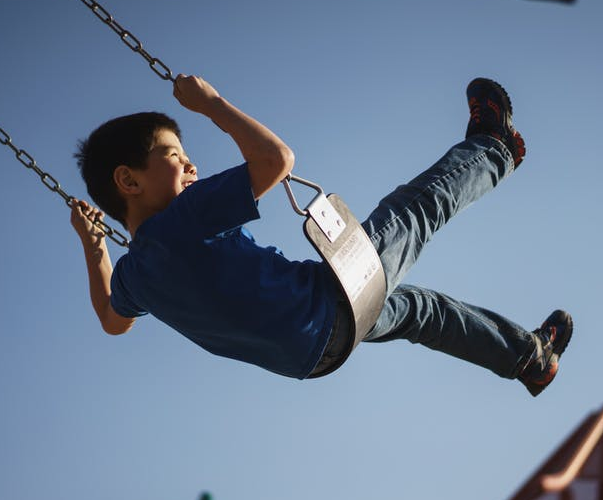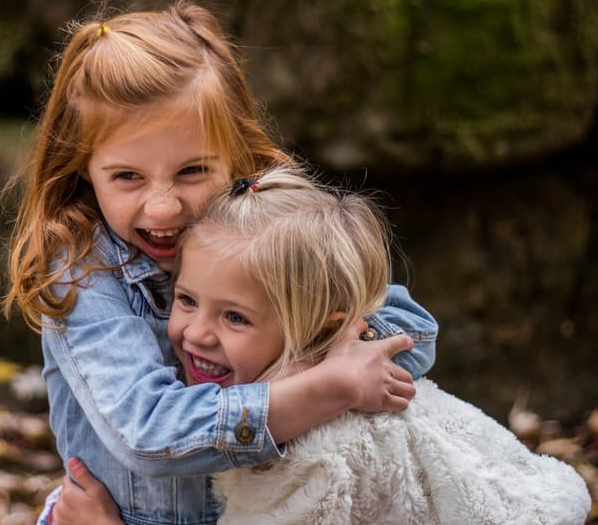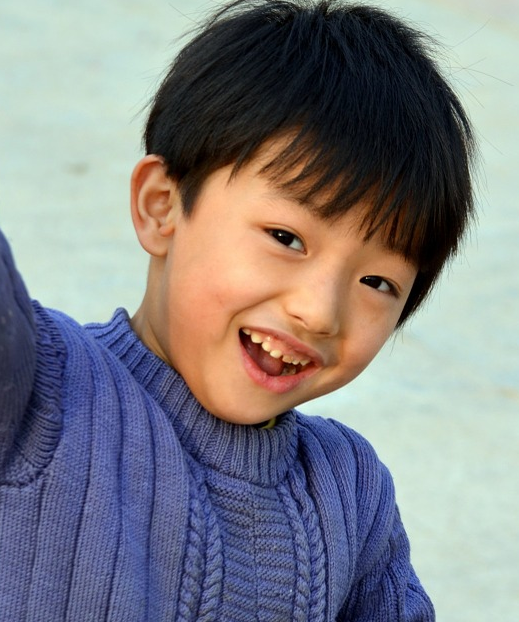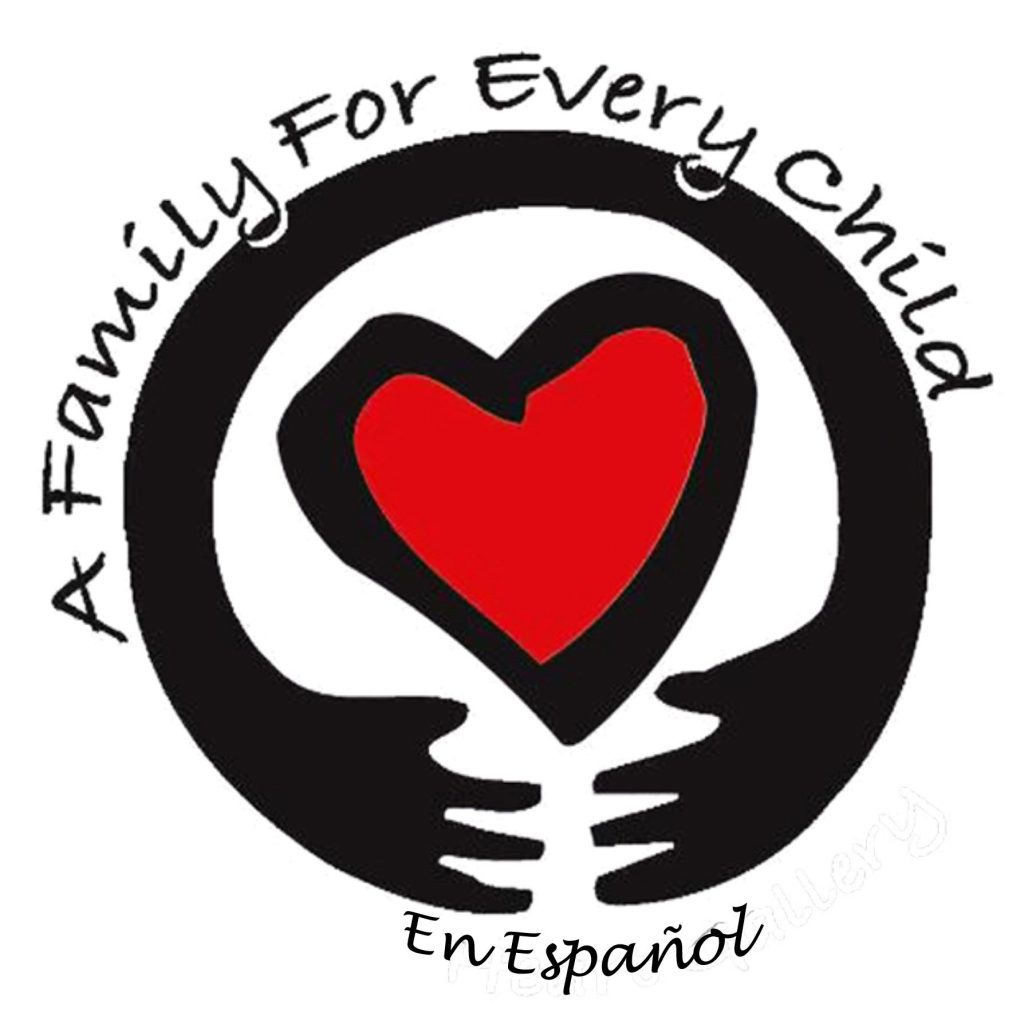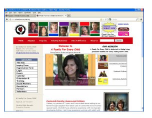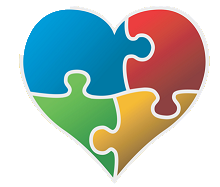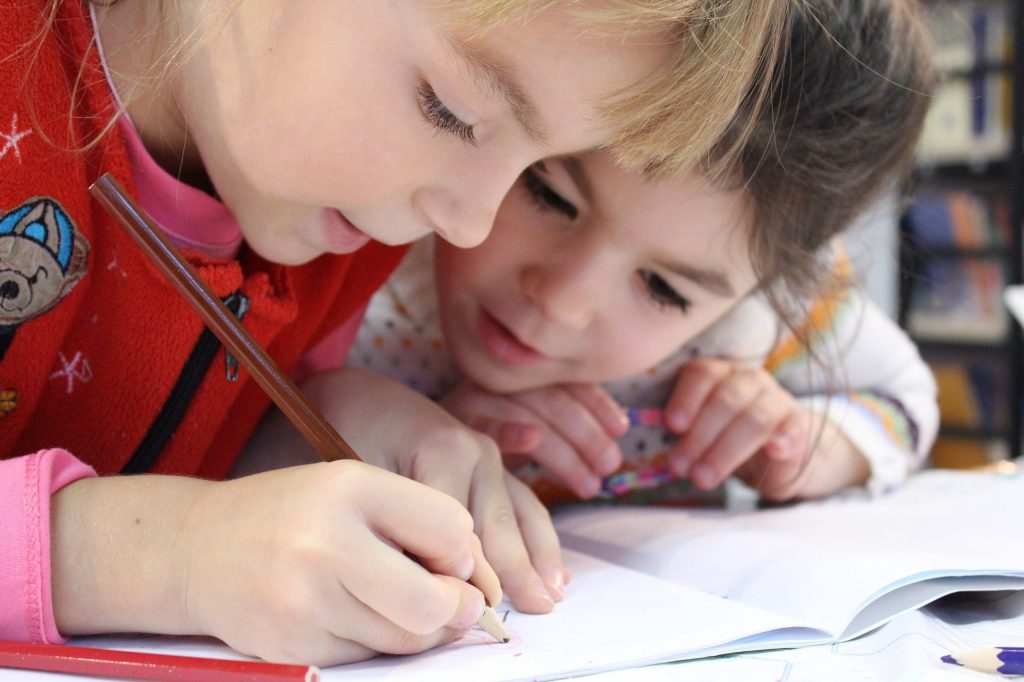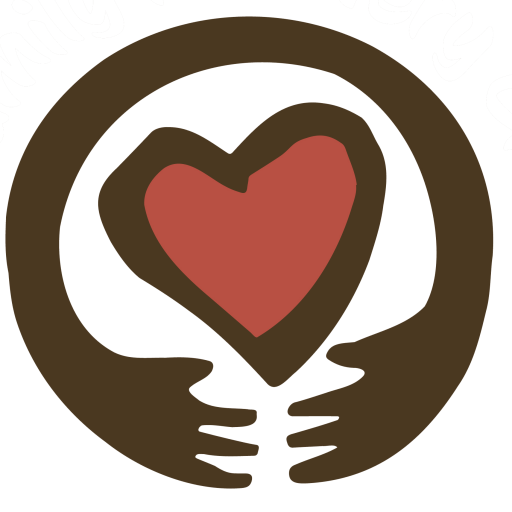Why we need you!
Our Host Home program is an innovative and scalable effort that could move the needle for homeless students. It will save money and lives, but it will take a team.
Reasons you should be involved!
- Youth who are “new” to our streets are more likely to become chronically homeless if we do not intervene within 15 nights.
- 68.4% of homeless students scored below standards. 82.3% of homeless students scored below standard in math and 60.4% of homeless students scored below standard in science.
- Youth that have experienced homelessness are 50% more likely not to receive a high school diploma. It is our goal to develop this program to interrupt this cycle and produce education and personal successes for 50 of these homeless youth.
- In 2019-20 , we had 1,063 Bethel-Eugene 4J youth experiencing homelessness and 272 of them identified as unaccompanied minors.
- For every $1 spent on youth interventions that address homelessness, the community saves $4.12 according to a New Avenues for Youth study (Portland, Oregon 2010).
- Oregon estimates that more than 21,000 students in the state experienced homelessness in the 2019-20 school year.
- National studies indicate that most of these youth run away due to family conflict or abuse, while others are kicked out of their home and forced to fend for themselves.
- We had hoped for better results. The 2019-20 numbers indicate the percentage of unhoused students in the 4J and Bethel school districts have remained unchanged from the previous year at 25.7%.
- Last school year, 15th Night Rapid Access Network (RAN) advocates sent alerts on behalf of 162 unaccompanied students with a total of 292 services and resource requested. The most common requests were for basic needs like clothing and shoes, food and shelter. As of the end of the year, 30 local youth-serving organizations (“providers”) are responding to unaccompanied student needs via the 15th Night Rapid Access Network (RAN).
What is 15th Night?
One night on the street is too many. The 15th Night is a community-wide partnership that helps the current Eugene-Springfield students that are navigating homelessness and many are unaccompanied. Bringing together existing community resources, the 15th Night focuses on the safety and well-being of our vulnerable Eugene-Springfield youth who do not have a parent or guardian to support them. These resource teams include at least one representative from the University of Oregon, Bethel School District, Lane County Health and Human Services, the Eugene Police Department, City Councilor Ward 8, Eugene City Manager, Lane ESD, Eugene 4J School District, as well as over 30 area nonprofits.
Our latest effort is to work with individual high schools and their feeder middle schools on creating their own internal response team for homeless youth within their school. This is known as the School Mobilization Model. Our Host Home program is, at its core, working to engage the school’s parent and teacher community, as well as local neighborhood groups and business, to wrap services and support all around these youth. We believe this is a program/effort that is effective, innovative, and could be reproduced in any community.
Working Together To Protect Our Youth!
Here in Eugene/Springfield, homelessness is a wide-spread issue that many organizations have been grappling with for years. Many people turn to the Eugene Mission, or other shelters in our community, to seek temporary housing, especially during the cold winter months. However, if you are an unaccompanied youth and you are experiencing homelessness, you do not have access to adult shelters. This leaves youth with 12 (7 during COVID restrictions) beds at the one shelter we have for under 18 and 13 beds at another for youth indentifyling as female. Youth under the age of 18 are also unable to access many food distribution resources and resource centers due to their status as a minor.
AFFEC's Host Home Program is licensed through the state of Oregon. As one of the few licensed Host Home programs in the state, we are able to assist youth ages 0-15 years old. Youth 16+ and home providers are not required to go through the licensed program. We take pride in successfully completing the licensing process and are also very committed to assisting other blooming Host Home programs throughout the state.
The RAN technology was updated over the summer based on feedback from our community advocates and network of 30+ service providers. RAN 2.0 was successfully launched in late September and enables school specific RANs to be connected to the larger Community RAN.
The 15th Night expanded into Springfield this fall. Springfield Public Schools and the Springfield Police Department can now access the 15th Night RAN on behalf of students experiencing homelessness. Catholic Community Services, First Place Family Shelter, Whitebird Dental, and the Eugene Mission have all joined the 30+ network of providers who responded in real time to alerts.
Sometimes the 15th Night Network is unable to meet a specific need of a student. This is where our Community Responder volunteers step into action. Over 50 people have volunteered to receive alerts from the 15th Night when there is a need that is hard to fill like special clothing, shoes, or gift cards for food.
Even students are stepping up for each other. The Economic Justice League (EJL) for homeless and economically-challenged youth was created at South Eugene High School. Along with 15th Night, we are working to execute the vision of keeping kids in school and supporting those struggling with housing. One of South Eugene’s projects is opening a drop-in center for students to get help, support, and access to resources. This includes food throughout the school day as well as free dinners-to-go, access to computers and technology, washer and dryer, free counseling, and much more. The goal is to have this room open before school, during lunch, and after school for any student that needs support. We hope to bring in therapists, artists, performers, hair stylists, barbers, and mentors of all kinds. We plan to have Fancy Dinner nights, Hair/Makeup/Makeover nights, Open Mic/Performance nights, arts and crafts, movie and game nights, and more.
15th Night Rapid Access Network Community Partners are working together to safeguard the 460+ Eugene-Springfield unhoused students who do not have a parent or guardian to support them, or a permanent place to call home. With thanks to their involvement, the 15th Night community movement can prevent Eugene-Springfield youth from going out on the street, and intervene quickly if they do. This partnership includes many state / government resource and over 30 community nonprofits that all make a commitment to work together.

How Does AFFEC Fit Into the 15th Night Partnership?
A Family For Every Child provides three of their services to the youth serves by the 15th Night Network: Family Finding, Mentor and Host Home Programs. AFFEC has been providing both mentoring and family finding to the community for almost a decade and added the Host Home Porgram in 2018.
To learn more about...
Host homes and how to become one, click here
- How to become a mentor
- Family finding - visit our family finding page for more information. Fill out the volunteer form to learn how to assist us with our family finding program.
We are also looking for community members to join the movement and volunteer in a number of ways. If you are interested in volunteering in either capacity:
- Fill out a volunteer application.
- Select the appropriate boxes for either mentor, family finding volunteer, or host home.



